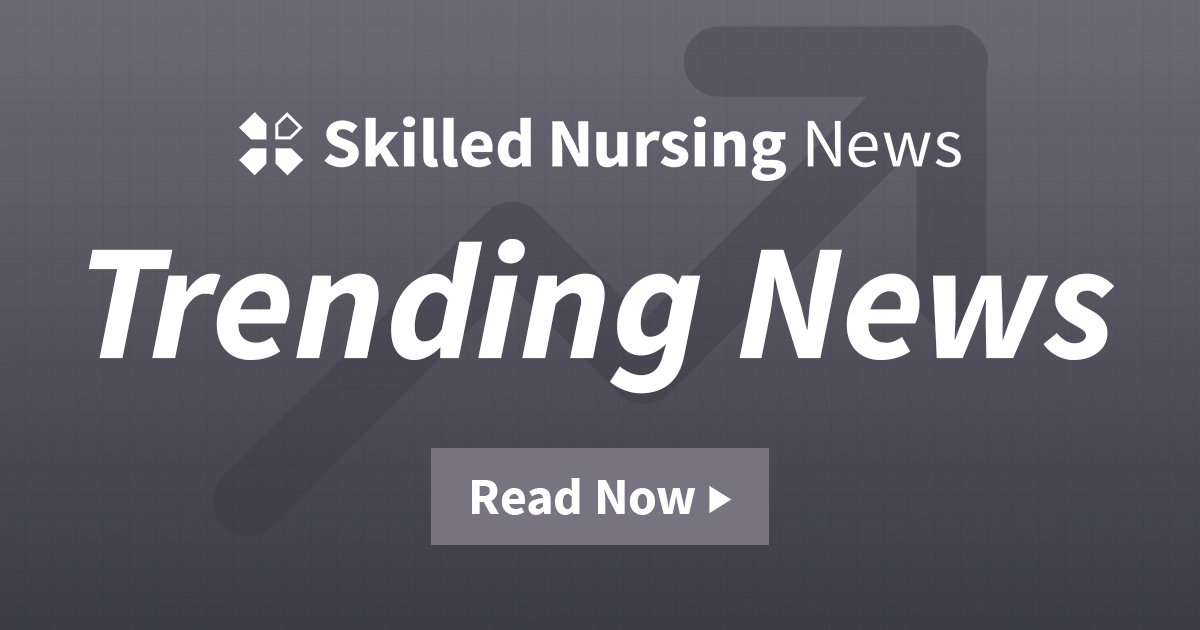
Aiming to win over skilled nursing operators and owners in need of residents, direct contracting entities say their connection with area hospitals can be a deciding factor in future partnerships.
The U.S. Centers for Medicare & Medicaid Services (CMS) unveiled the direct contracting program in conjunction with its Primary Care First initiative. It includes three payment model options that are designed to help the CMS and health care providers reduce the cost of care and improve quality. The agency designates participants in the program as direct contracting entities.
Many of these entities are part of a larger whole — often established through acquisitions between health plan companies and health systems. Sometimes these companies hold in-house hospital assets and a considerable amount of resources across the care continuum, industry leaders said.
“We can, through the hospitals that we work with, through our providers, steer lives into high-value facilities and drive volume there that will generate value for us on the back end,” said Kevin Murphy, executive director of direct contracting entity Clover Health Partners during a panel at Synergy Summit on Wednesday.
Clover Health in 2019 acquired Murphy’s risk-based health plan venture Principum and became its direct contracting entity, operating in eight states with 70,000-plus beneficiaries.
“As a hospital operator we have the ability to impact 40 to 50% of the health care dollar. Anytime you’re contracting on a total medical expense model, then you’re within your own house, so to speak,” said fellow panelist Jason Worthen, regional vice president of for-profit private hospital operator Steward Health.
Worthen joined a larger health system much the same way Murphy did, when Dallas, Texas-based Steward acquired health system IASIS Healthcare in 2017. Deals like these are particularly beneficial when a company is moving into a new market.
“When we look at entering into new markets, you’ll see us look at a hospital acquisition play, because if you can get the hospital asset you control 50% of that health care vertical in the family, and then go out and get the pull through through the risk contracts,” Worthen said of Steward’s business strategy.
The “value play” goes both ways in direct contracting, Murphy said; carefully selected skilled nursing partners can benefit in the long term. A key strategy in building these partnerships is to leverage data on reducing hospital readmissions.
“One of the key differences between some of the other [payer] programs is the level of risk. It’s 100% upside and downside risk, but the other key component is the quality measures that are associated with the program; this is truly a performance not paperwork type of model so the only true quality measures we have in direct contracting are readmission rates,” added Murphy. “We pass those along as a quality measure in our value-based care arrangements with our skilled nursing facilities.”
Direct contracting allows a company to come in under independent physicians or other physician organizations and groups to help manage and build a continuum of care to reduce costs, Murphy said.
Clover Health Partners gathered a network of home health, hospice and skilled nursing facilities to help support its post-acute care patients. The company established two contracting categories, Murphy said. The first is made up of primary care providers, and preferred providers, or specialist services like hospice and skilled nursing comprise the second.
The direct contracting program launched as planned on April 1, despite some delays brought on by the COVID-19 pandemic. However, CMS has indicated that they are not currently accepting applications for the demonstration’s second year, pending a review of Trump-era initiatives by the Biden Administration. This means that the best remaining option for post-acute providers is to partner with an existing direct contracting entity.
Relationships built through direct contracting create value-based programs with downstream entities within the care continuum, Murphy said: “We have one or two home health partners and hospice partners in every market, they’re all value-based arrangements; with our skilled nursing facilities we also have value-based arrangements.”
Clover’s direct contracting platform will continue growing in this way, Murphy noted.
Murphy and Worthen said SNFs might fail in a direct contracting plan if they are too focused on hierarchical condition categories (HCC) coding, or codes that insurance companies use to assign a risk adjustment factor (RAF) score, instead of collaborating and communicating with partners for a single patient in the continuum.
“If you can move your risk score by 5%, that premium on the average of $1,200 per person per month, just went up by $60. If we’re not managing the revenue side of any risk contract correctly, then that gets to be a challenge above all else,” said Worthen. “That is probably the single greatest lever of what differentiates whether you’re going to drive value and make money through these contracts or not.”
"direct" - Google News
June 11, 2021 at 03:15AM
https://ift.tt/3gdFSJi
Direct Contracting Offers Skilled Nursing Opportunities— Often Through Hospital Relationships - Skilled Nursing News
"direct" - Google News
https://ift.tt/2zVRL3T
https://ift.tt/2VUOqKG
Direct
Bagikan Berita Ini














0 Response to "Direct Contracting Offers Skilled Nursing Opportunities— Often Through Hospital Relationships - Skilled Nursing News"
Post a Comment